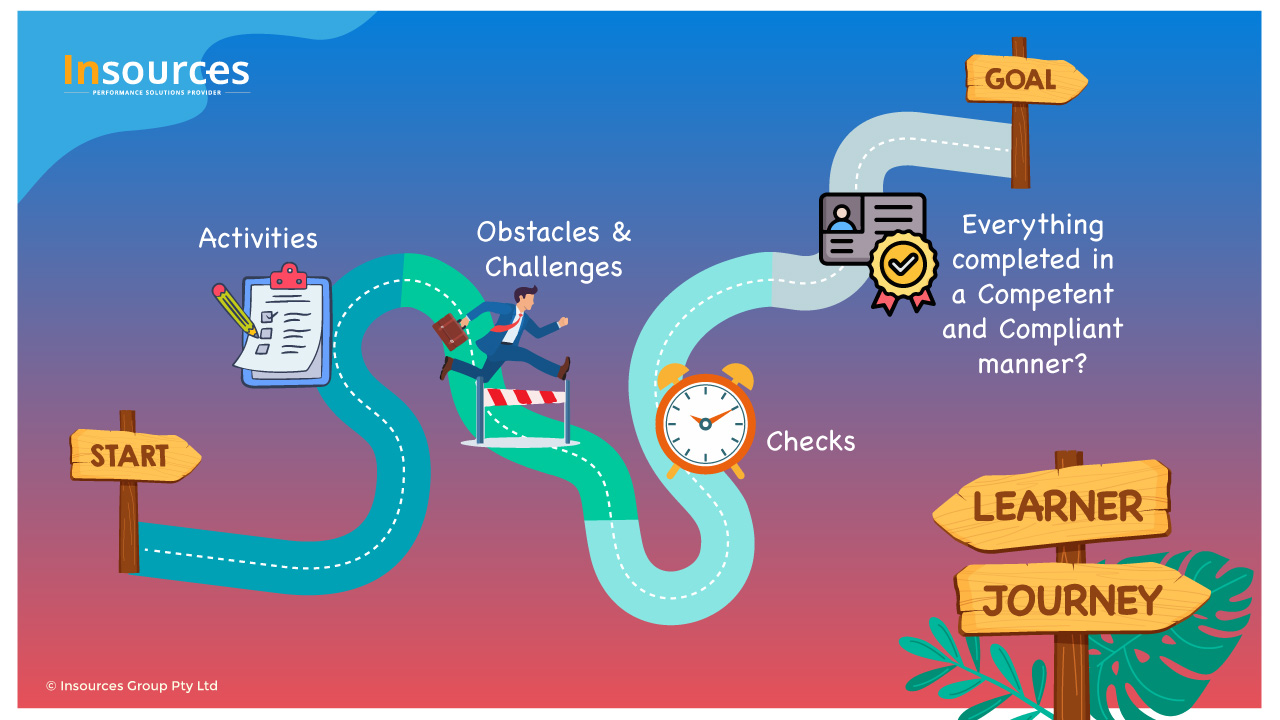Last week, I was delivering a session about advanced assessment techniques and while addressing different evidence collection methods, a participant asked me: “do we get extra points during a regulatory audit if we perform better than the minimum requirement? If not, why are you suggesting we go the extra mile, while other RTOs pass an audit doing the minimum?” As the conversation had quickly shifted from quality to compliance, my response was “how many quality RTOs did ASQA close during the last two years?” The answer was “… none”.
In the last couple of years, the RTO world has been bogged down by scandals, scams, crises, and bankruptcies. On the other hand, there are a significant number of RTOs that receive immense respect from the community, and are still going strong.
What distinguishes successful RTOs from the rest? Is it their market savvy, technological superiority, marketing, or their capable people? These training organisations survive on their culture, essentially a manifestation of their corporate values. It’s these core values that guided them to the right decisions for long-term growth and life.
What Are Values?
According to Jim Collins (PhD) there are six timeless fundamentals that visionary companies follow:
- Build a company to last beyond your tenure
- Build a company around core ideology or values
- Make the ideology or values your essence
- Nurture talent from within
- Adopt change without compromising on core values
- Be rigid with the fundamentals but flexible with business essentials.
These fundamentals shape corporate culture and create a foundation on which it grows. They also establish the system of values that the company identifies with.
Now, when I talk to CEOs and managers of successful RTOs I realise they don’t know about Jim Collins or read his books, but they use the above principles to manage their businesses, and ensure staff, clients and other stakeholders are aware of the RTO’s purpose and core values. And in today’s rapidly changing environment, they adopt changes without compromising these core values.
Committing to sustainability is also a corporate value.
Successful RTOs:
- Understand quality and industry relevant training
- Identify their core values early on
- Implement them and audit them regularly
- Adhere to them through good times and bad
- Change their strategies, but never their values.
Here’s the difference between successful RTOs and RTOs that will probably not make it through the registration period: Values of a successful RTO are set by its founders, passed down the ranks, and nurtured and sustained. Its unsuccessful counterparts make up a set of values that change with each new owner/manager, and ends up as a value statement on the company’s website that is not translated into practice within the organisation.
How Do You Create and Sustain Corporate Values?
Creating corporate values begins with the founders of the organisation, who create the core values based on their beliefs and build the organisation’s culture based on these values. As training providers, these values must be in line with providing education and training solutions to satisfy individuals, industry and the needs of society.
Managers are hired because they believe in these values themselves, making it easy for them to act as their champions. Managers at all levels must make the company’s core values a part of their every day lives—not because they have to, but because they believe in them. As a result, they will be seen as role models who will encourage employees to internalise these values. Stakeholders, investors and business partners also must act as champions and guardians of these values.
The core values must be passed down from management to trainers and other employees through internal communications. These communications must be consistent with the external messages that go out to clients (students and industry) and anyone else that the RTO deals with.
Unfortunately, many RTOs contract very capable managers and trainers, but they don’t achieve quality outcomes because there is a lack of leadership and guidance from the CEOs. Establishing, promoting and monitoring the use of core values can help you to succeed.





